Psychology
-
 Health & Medicine
Health & MedicineA chemical imbalance doesn’t explain depression. So what does?
The causes of depression are much more complex than the serotonin hypothesis suggests
-
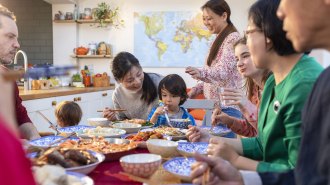 Science & Society
Science & SocietyWe prioritize family over self, and that has real-world implications
Two studies show how family bonds improve personal and mental health, suggesting policy makers should shift away from individualistic mindsets.
By Sujata Gupta -
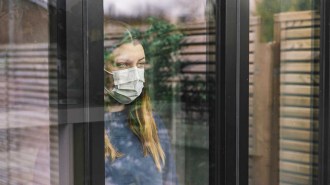 Health & Medicine
Health & MedicineBrain scans suggest the pandemic prematurely aged teens’ brains
A small study suggests that the COVID-19 pandemic may have aged teen brains beyond their years.
By Freda Kreier -
 Psychology
PsychologyA new treatment for debilitating nightmares offers sweeter dreams
A new study combines standard nightmare disorder therapy with a memory-enhancing technique to create happier dreams and bring greater, lasting relief.
-
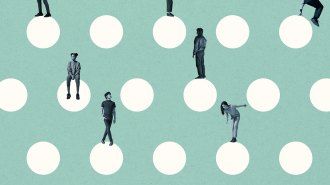 Psychology
PsychologyThe pandemic shows us how crises derail young adults’ lives for decades
Age matters for when we experience calamities, such as pandemics. Young adults are especially vulnerable to getting thrown off their life course.
By Sujata Gupta -
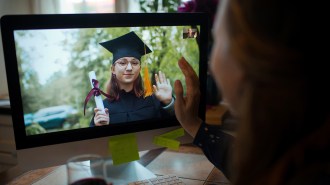 Psychology
PsychologyThe pandemic may be stunting young adults’ personality development
People typically become less neurotic and more agreeable with age. The COVID-19 pandemic may have reversed those trends in adults younger than 30.
By Sujata Gupta -
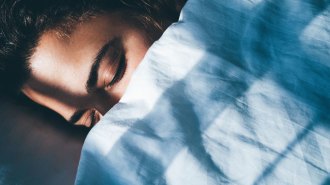 Neuroscience
NeuroscienceSleep deprivation may make people less generous
Helping each other is inherently human. Yet new research shows that sleep deprivation may dampen people’s desire to donate money.
By Sujata Gupta -
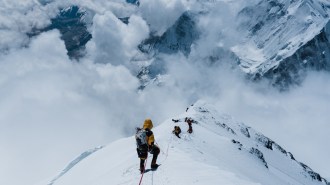 Anthropology
AnthropologyDemond Mullins climbed Everest to inspire more Black outdoor enthusiasts
Mullins hopes his successful Mount Everest summit will encourage more Black people to experience the great outdoors.
-
 Psychology
PsychologyThe idea that many people grow following trauma may be a myth
Studies of posttraumatic growth are fundamentally flawed and can contribute to toxic cultural narratives, researchers say.
By Sujata Gupta -
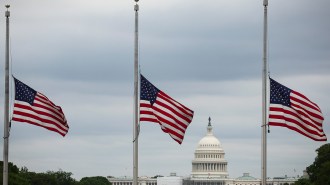 Science & Society
Science & SocietyCOVID-19 has killed a million Americans. Our minds can’t comprehend that number
We intuitively compare large, approximate quantities but cannot grasp such a big, abstract number as a million U.S. COVID-19 deaths.
By Sujata Gupta -
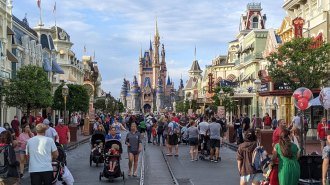 Science & Society
Science & SocietyPressure to conform to social norms may explain risky COVID-19 decisions
As a science reporter covering COVID-19, I knew I should mask up at Disney World. Instead, I conformed, bared my face and got COVID-19.
By Sujata Gupta -
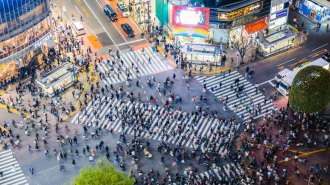 Psychology
PsychologyLatin America defies cultural theories based on East-West comparisons
Theories for how people think in individualist versus collectivist nations stem from East-West comparisons. Latin America challenges those theories.
By Sujata Gupta